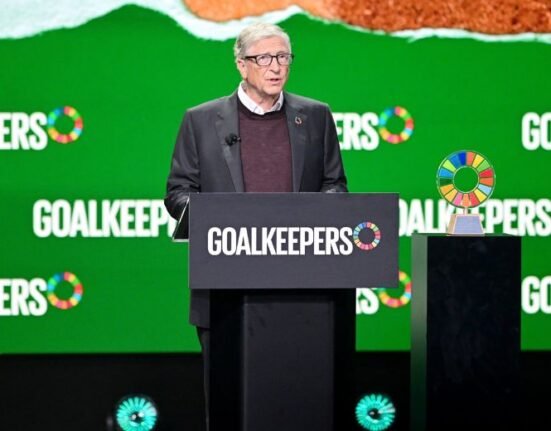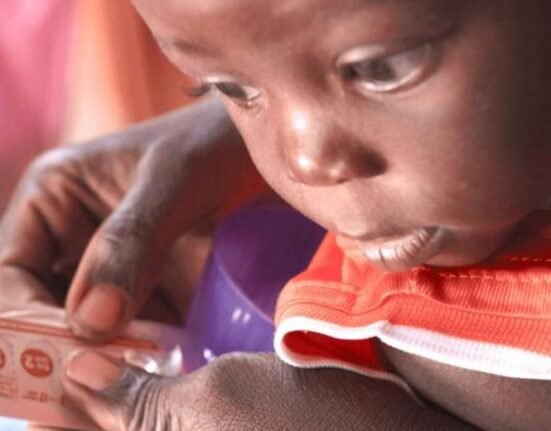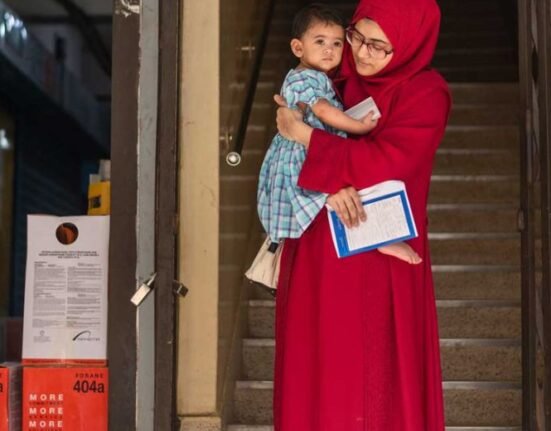HQ Team
December 21, 2023: The World Health Organization has added a second malaria vaccine to its list of prequalified vaccines to enable greater access to inoculate children as a primary preventive measure.
The R21/Matrix-M malaria vaccine, developed by Oxford University, is made by the Serum Institute of India. It is expected to become available to countries in mid-2024 after two advisory groups of the WHO suggested its use in children at risk of developing the disease.
It was added to the list of prequalified vaccines following the advice of the WHO Strategic Advisory Group of Experts (SAGE) on Immunization and the Malaria Policy Advisory Group.
“Achieving WHO vaccine prequalification ensures that vaccines used in global immunization programmes are safe and effective within their conditions of use in the targeted health systems,” said Dr Rogério Gaspar, Director of the Department of Regulation and Prequalification, WHO.
“WHO evaluates multiple products for prequalification each year and core to this work is ensuring greater access to safe, effective and quality health products.”
Potency, thermostability
Prequalification supports the specific needs of national immunization programmes about vaccine characteristics such as potency, thermostability, presentation, labelling and shipping conditions.
On October 2, 2023, the global health body recommended the R21/Matrix-M being a prerequisite for vaccine procurement by UNICEF and funding support for deployment by Gavi, the Vaccine Alliance.
The first vaccine RTS, S/AS01 had obtained pre-qualification status in July 2022. It will be rolled out in certain African nations by early 2024, while the R21/Matrix will be available in the middle of the next year.
‘Safe, effective’
“Both vaccines are shown to be safe and effective in clinical trials, for preventing malaria in children. When implemented broadly, along with other recommended malaria control interventions, they are expected to have a high public health impact,” according to a WHO statement.
Malaria, a mosquito-borne disease, places a particularly high burden on children in the African Region, where nearly half a million children die from the disease each year. Globally, in 2022, there were an estimated 249 million malaria cases and 608,000 malaria deaths across 85 countries.
The availability of two WHO-recommended and prequalified malaria vaccines is expected to increase supply to meet the high demand from African countries and result in sufficient vaccine doses to benefit all children living in areas where malaria is a significant public health risk, according to the statement.








